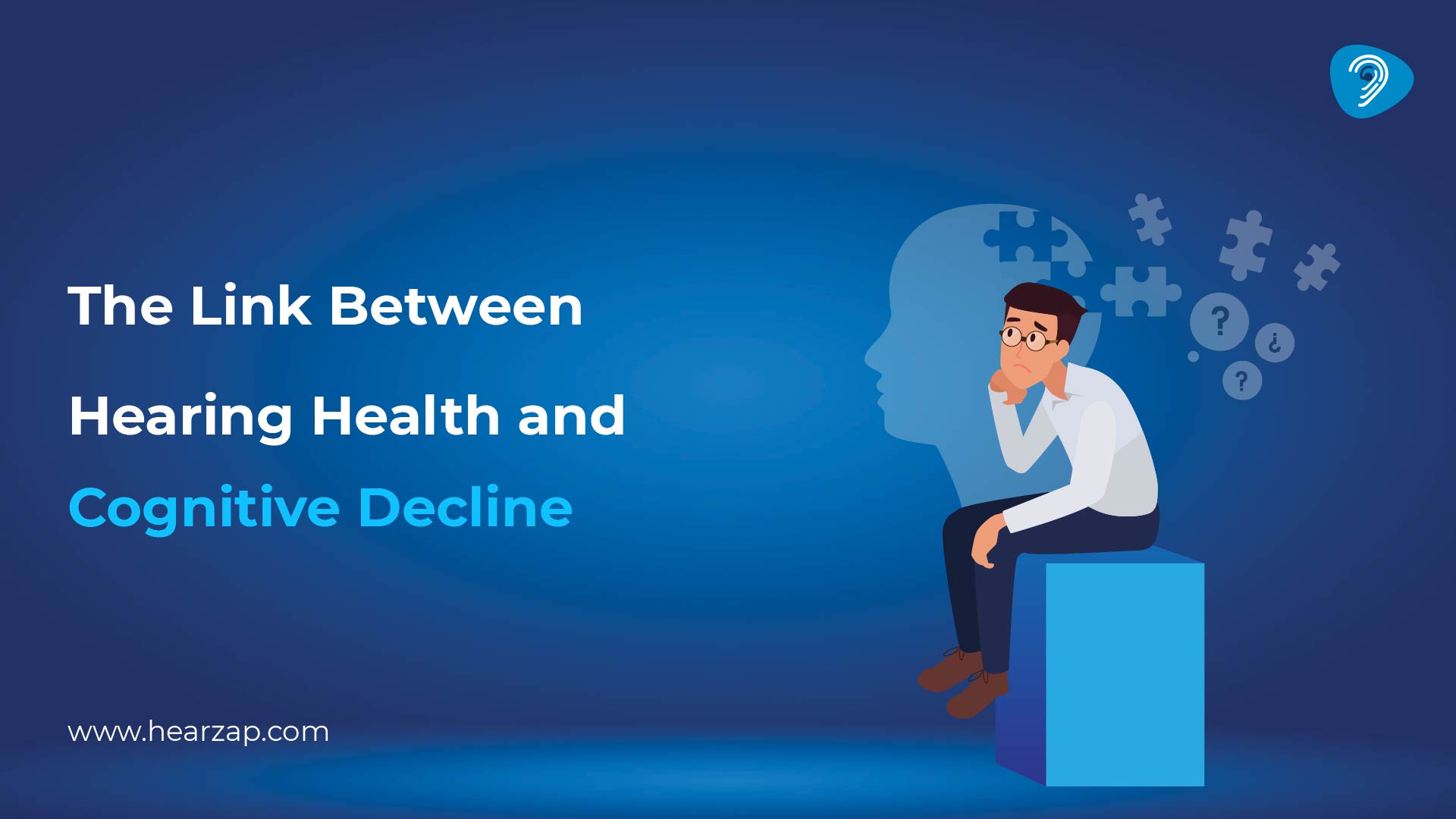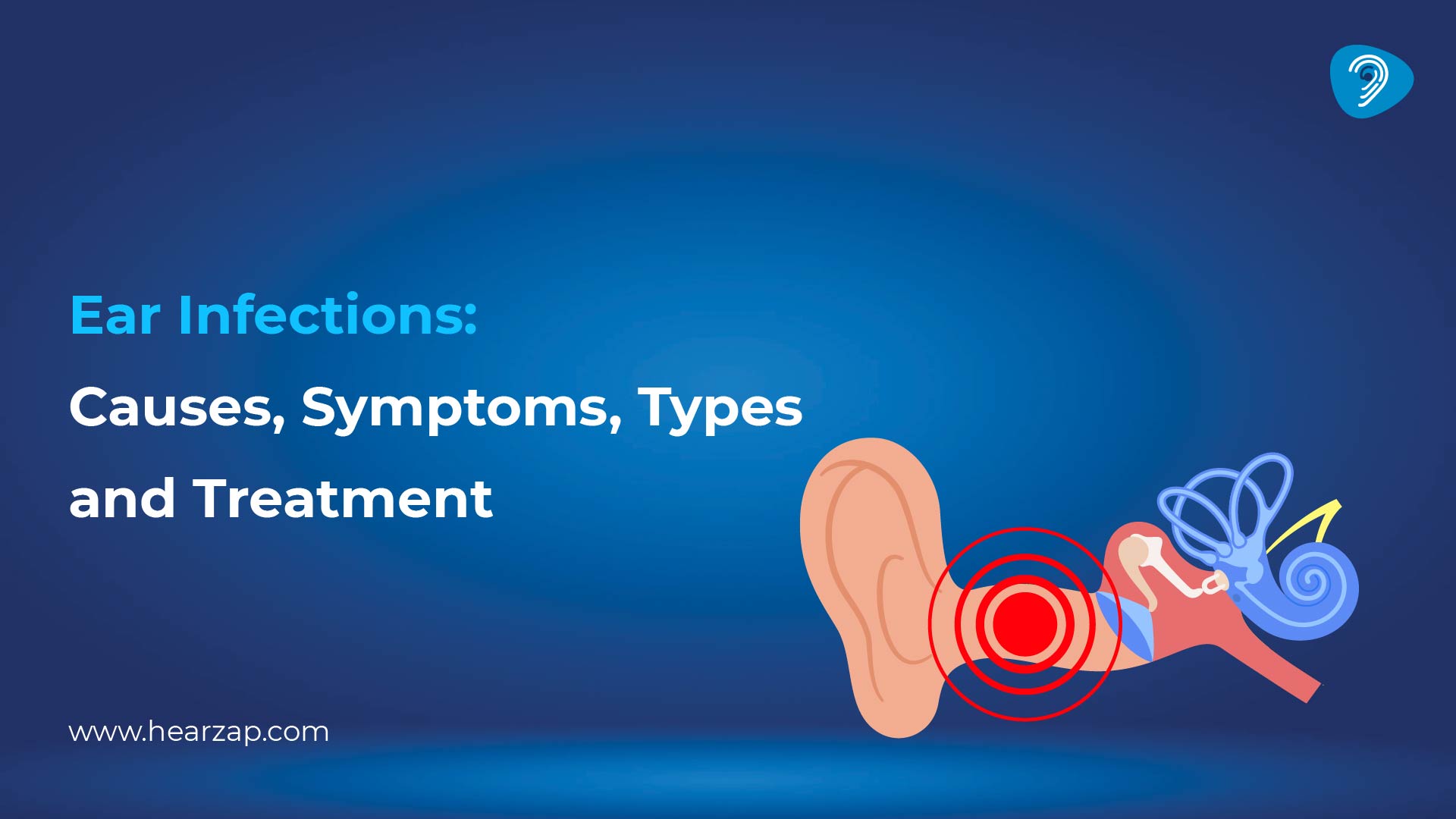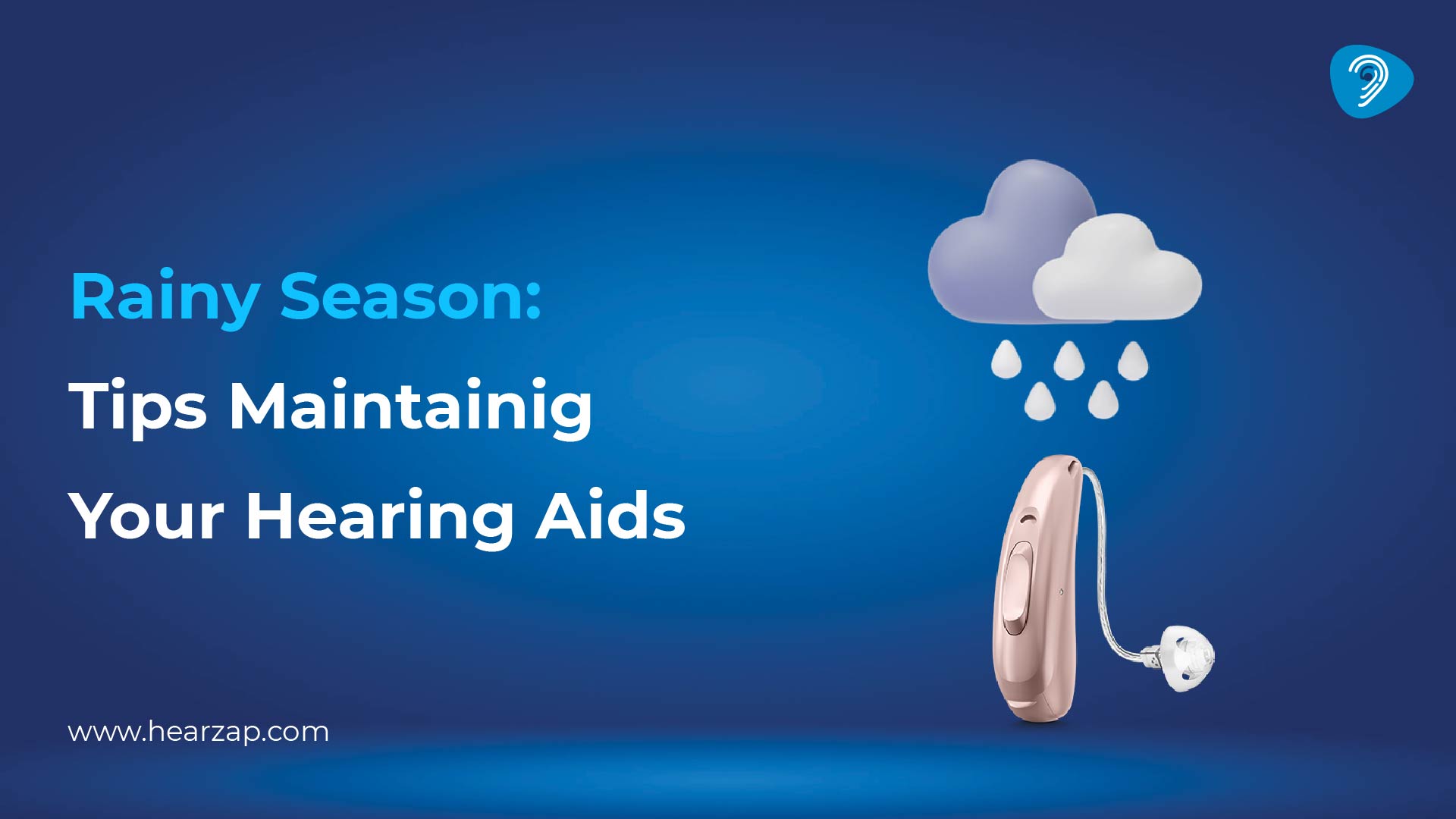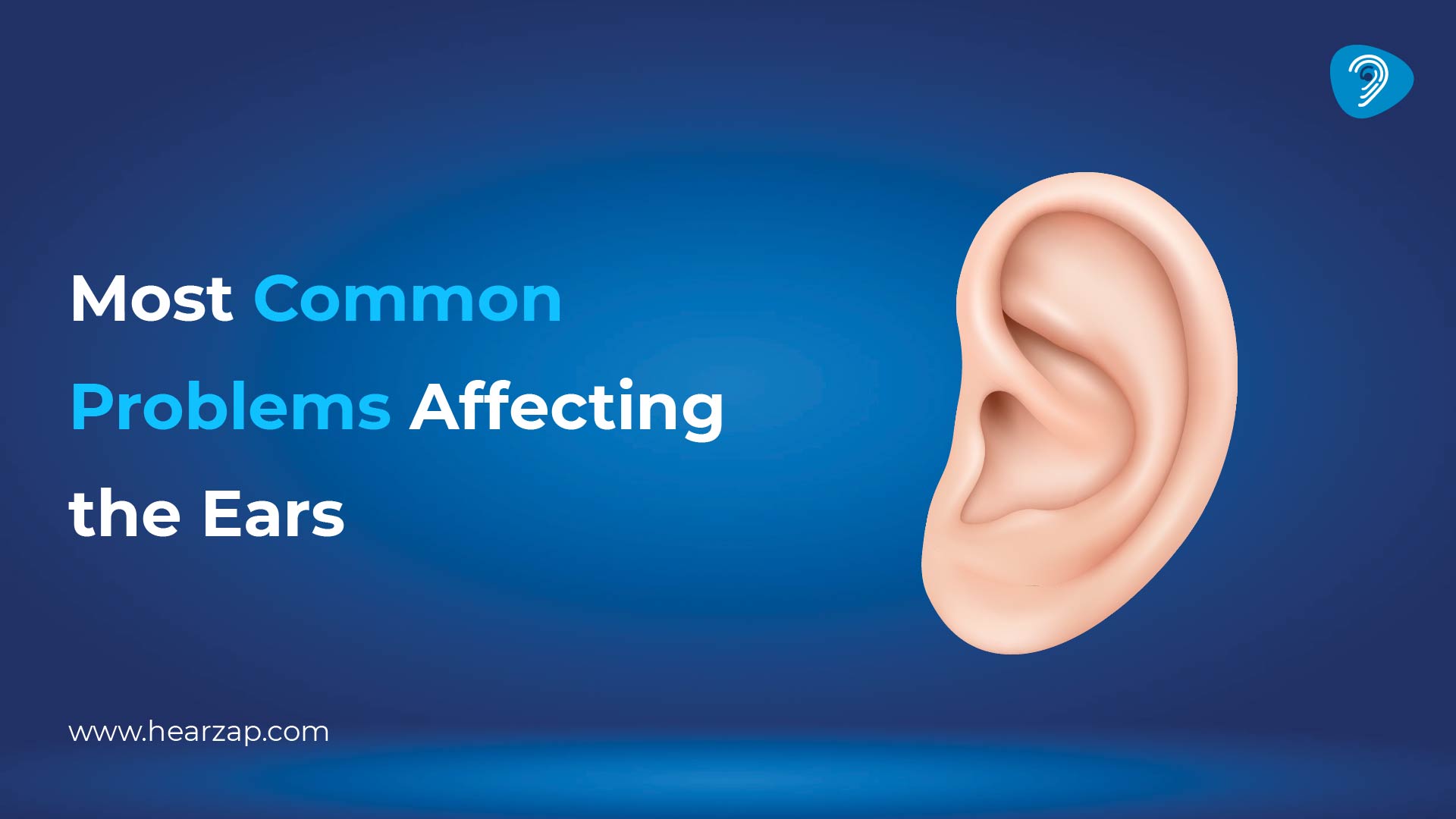Generic
Hearing Health & Cognitive Decline: The Connection
By Team Hearzap | Oct. 17, 2024

Hearing loss isn’t just about how well you hear, it’s also connected to your brain’s health. When hearing problems go untreated, it can put extra strain on your brain and impact how you think, feel, and interact with others. That’s why taking care of your hearing is important, not only to improve your listening but also to protect your mental and physical health.
The Connection Between Hearing Health and Brain Function
Hearing loss affects more than just your ability to hear; it also impacts brain health and overall well-being. The brain needs sound to stay active, and when hearing decreases, the parts of the brain that process sound get less stimulation. To adapt to hearing loss, the brain takes resources away from other tasks like memory and problem-solving. Over time, this extra strain can lead to mental tiredness, affecting your focus and thinking skills. It's important to address hearing problems early to maintain not just good hearing but also mental clarity and brain function in the long run.
Research shows a strong link between untreated hearing loss and cognitive decline. When the brain works harder to fill in missing sounds, it has fewer resources available for other tasks, like remembering information or making decisions. Over time, this extra effort can harm brain pathways and lower brain function, leading to a decrease in mental sharpness. Without regular sound input, some parts of the brain may shrink or become less active, increasing the risk of dementia or Alzheimer’s disease. This connection between hearing health and brain function emphasizes the need for regular hearing care as part of a healthy lifestyle.
Negative Effects on Mental Health
Hearing loss can also affect emotional well-being by disrupting communication with others. The inability to follow conversations in noisy places or understand speech clearly can cause frustration, embarrassment, and stress. People often withdraw from social activities to avoid these uncomfortable experiences, leading to loneliness and isolation. This disconnection can increase the likelihood of anxiety and depression, making it harder to maintain a positive mental outlook.
Social interaction plays a crucial role in keeping the brain engaged and healthy, so untreated hearing loss can create a cycle of emotional and cognitive decline. Staying proactive about hearing care helps you remain socially active and emotionally balanced, promoting both mental and brain health.
Symptoms and Prevention
The signs of hearing loss can develop gradually, making them easy to overlook. Symptoms may include asking others to repeat themselves often, difficulty understanding conversations in noisy places, or feeling mentally drained after listening for long periods. Regular hearing check-ups can catch these issues early, allowing for timely intervention. Using hearing aids or taking steps to manage hearing loss helps prevent further cognitive decline and supports better quality of life.
Preventing hearing loss involves protecting your ears from prolonged exposure to loud noises, maintaining good overall health, and staying socially engaged. Addressing hearing issues promptly not only improves communication but also ensures your brain gets the stimulation it needs.
Strategies to Improve Hearing Loss and Cognitive Function
Taking care of your hearing health is about more than just hearing sounds clearly, it’s about protecting your brain, staying connected with loved ones, and maintaining mental sharpness.
- Routine hearing evaluations help you monitor your ear health and detect any early signs of hearing loss.
- Wearing hearing aids regularly reduces mental strain by making sounds clearer and easier to process.
- Exercise promotes good blood circulation, which supports both brain and hearing health.
- Eating nutritious foods, especially those high in B-12 like meat, poultry, fish, eggs, dairy products, provides essential nutrients for overall brain function and ear health.
- Activities like reading, puzzles, or learning new skills keep your brain sharp and improve cognitive function.
How Hearing Aids Can Help
Using hearing aids can significantly enhance the lives of individuals with hearing loss, not only by improving their ability to hear but also by positively impacting brain health. When you struggle to hear, your brain has to work extra hard to fill in the missing sounds, leading to mental fatigue, stress, and even anxiety. Hearing aids help by amplifying sounds and making them clearer, which reduces the strain on your brain. This allows you to stay engaged in conversations and participate in social activities without the constant effort of trying to hear.
Wearing hearing aids can improve cognitive function, keeping your mind active and engaged. This active participation can help lower the risk of feelings of isolation and anxiety that often accompany hearing loss. Many people notice a boost in their confidence when using hearing aids, as they can communicate more effectively and enjoy life more fully. Moreover, regular use of hearing aids, combined with routine checkups, is essential for maintaining not just hearing health but also mental well-being. By prioritizing both your hearing and cognitive health, you can enhance your overall life.
Also Read: How to Maintain Good Hearing Health
Contact us
We are here for all your hearing needs, from hearing tests to hearing aids. Fill out the form below, and we will give you a call soon.
Please enter a valid mobile number with 10 digits.
Recent Blogs
By None | Dec. 23, 2025
By None | Dec. 22, 2025
By None | Dec. 20, 2025
By None | Dec. 19, 2025
By None | Dec. 16, 2025













